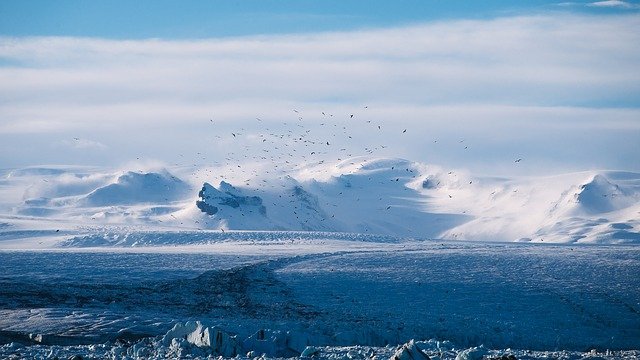Baptists believe the Bible is the primary authoritative guide to faith and life. The Bible declares that God created all things and that God’s creation (i.e. the natural environment and its ecosystems) is good. Humans are not separate from but are part of this creation, although humans alone are made in the image of God (Gen 1:1-2:2). The creation teaches us about God (Rom 1:20; cf Job 39:1-42:6). While all things belong to God, God has entrusted the care of creation to humans (Ps 24:1; Gen 1:28-29; 2:15).
The relationship between humans and the rest of creation is therefore one of interdependence and stewardship. We are creatures shaped by the same processes and embedded in the same systems as those that sustain all other life. Yet as God’s stewards we bear an ethical responsibility for the care of the Earth and the welfare of all living things.
We bless God for his greatness and goodness, his mercy and grace, and his love and justice evident in the creation. We enjoy the beauty and pleasures of God’s creation. We are sustained and satisfied by its provisions. We are amazed by what science reveals of its structure and systems. We are awed by the miracle of life that continues to unfold day by day.
We also acknowledge that humans have often denied our interdependence with the creation and abrogated our stewardship of the creation. One major result of this is the global environmental degradation and climate change we now face. Overwhelming scientific evidence shows that humans have caused much of the global warming occurring today.
Climate change is one of the most significant threats to our economic and social life. It is imperative that governments and corporations, as well as individuals and local communities, respond to the current global environmental crisis. Failure by national governments to respond to climate change in decisive ways may result in unmanageable cost blow-outs and irreversible devastation to ecosystems and biodiversity. Further, failure to address climate change may ultimately contribute to the suffering and death of millions of the world’s poorest and most vulnerable people, and to the forced migration of millions more to cooler and less physically threatening regions such as Australia.
We affirm that godly stewardship of the creation includes:
• respect for the creation and its ecosystems as gifts from God
• teaching and learning about the creation and its ecosystems • wise allocation and use of the creation’s finite natural resources
• rejecting a lifestyle of over-consumption and greed-satisfaction in favour of simplicity
• an awareness that willful environmental degradation is sin and will attract God’s judgment
We deny that:
• the creation and its ecosystems are to be worshipped or venerated
• humans have a right to exploit natural resources in permanently destructive ways • technological advances can be expected to solve global ecological problems “just in time”
• Christians have a responsibility to focus on “spiritual” or “heavenly” matters to the exclusion of godly stewardship of the Earth’s resources and proper care of the creation
• the present global warming is merely part of a natural cycle and does not warrant urgent action on a global scale
We call on the Australian Government to take immediate action, in collaboration with other governments, corporations, community organisations and faith communities to mitigate the effects of global climate change; and in particular to:
• reduce to a sustainable level human contributions to climate change
• address the adverse environmental effects of climate change
• address the human suffering and loss resulting from climate change
• restore and replenish the ecosystems that humans have used or misused
• pass on Earth’s resources responsibly and faithfully to future generations
We call on all Australian citizens to:
• urge their political leaders to take steps to reduce global “greenhouse gas” emissions by 50 per cent by 2050, and to encourage wider use of renewable energy sources
• take steps to reduce their own “greenhouse gas” emissions such as:
– using public transport or walking where possible, and purchasing smaller vehicles o reducing household energy consumption (especially air conditioners)
– reducing household water consumption and installing rainwater tanks where possible
– reusing and recycling household products
